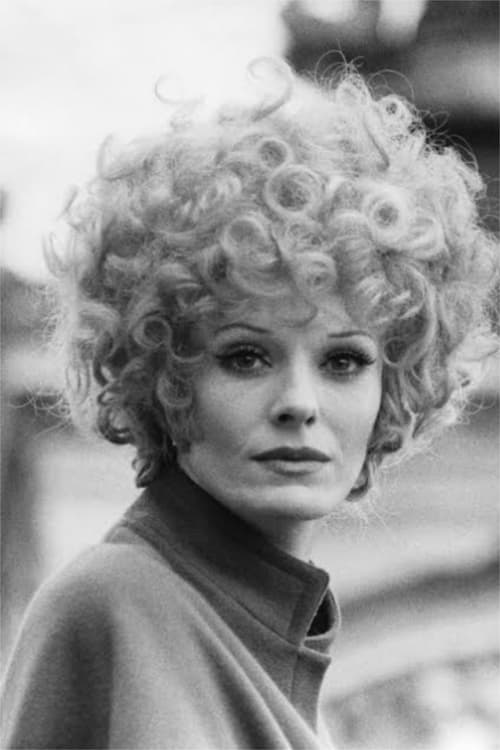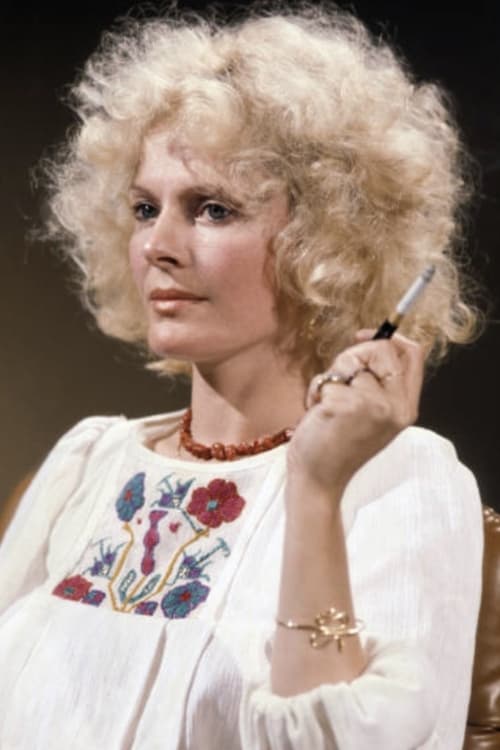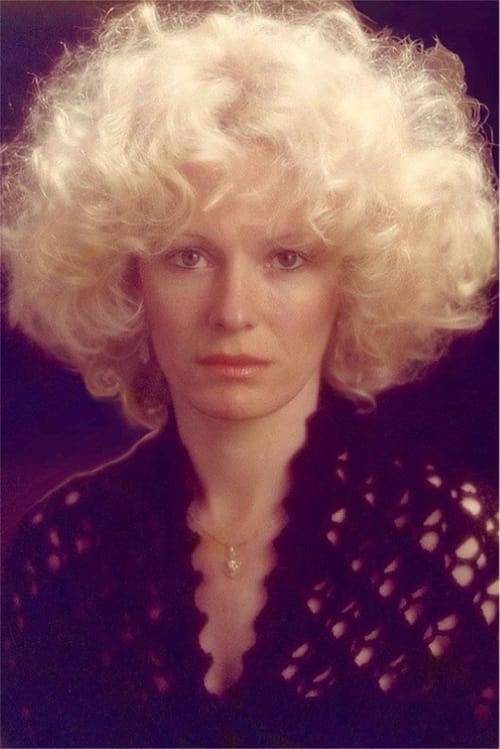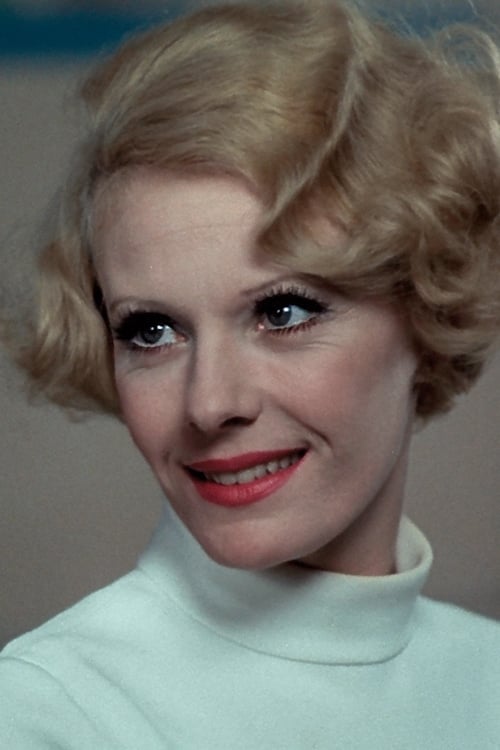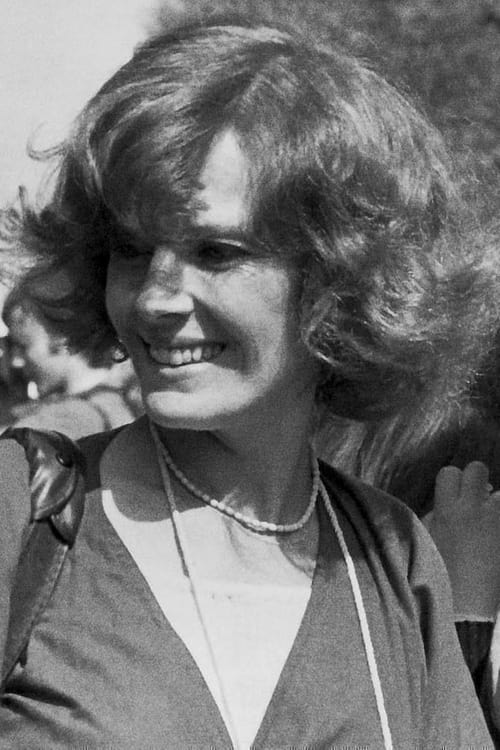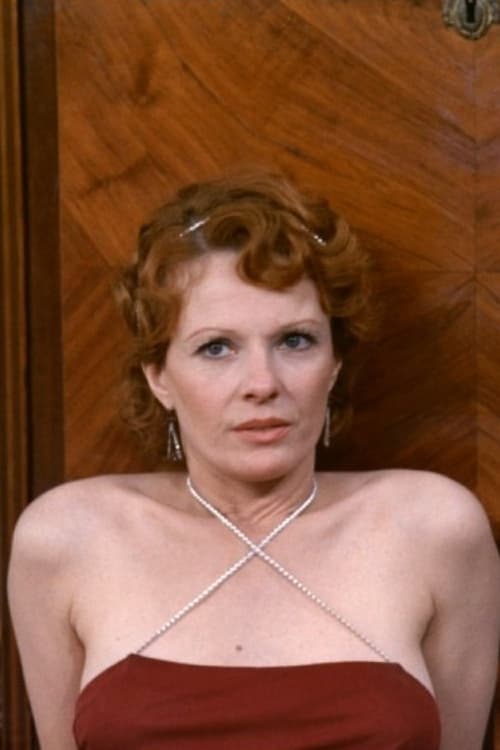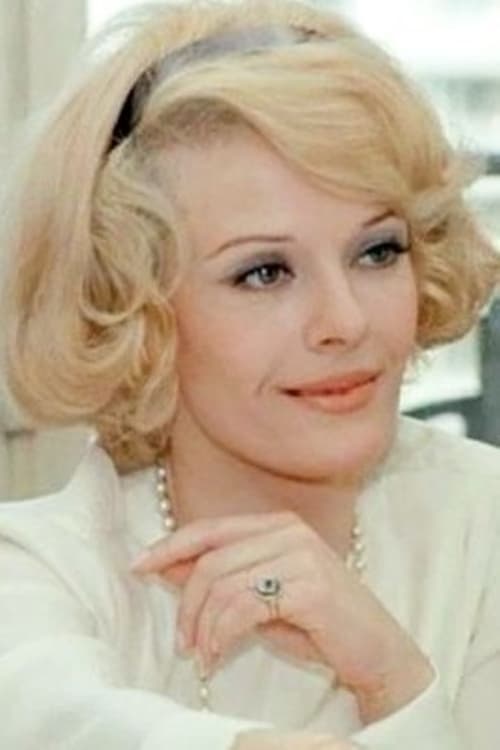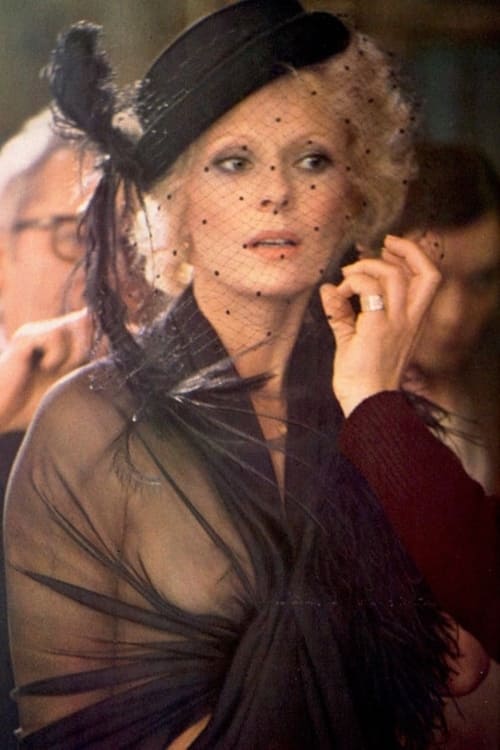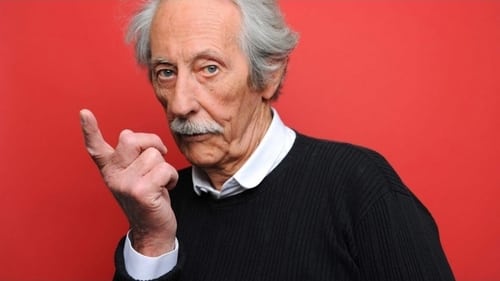
Self (archive footage)
If Jean Rochefort remains so dear to our hearts, it is because this extraordinary actor alone embodies a cinema and a France imbued with freedom and carelessness. Through his films, archives and the testimony of those close to him, we discover a complex man, a sad clown saved by his taste for words and for fun.

Self
Delphine Seyrig decided to work on a film project about Calamity Jane to reveal Jane’s sensibility and insight about life in those letters to her daughter. The reading of those letters permits a self-reflection about feminism and motherhood.

Self (archive footage)
In the 70s, actress Delphine Seyrig and director Carole Roussopoulos, both militant feminists, were the pioneers of video activism in France. They documented the demonstrations of French feminists and used the new technologies to counter the poor representation of women in the public media.

Self (voice)
Underscored by French film legend Delphine Seyrig’s evocative recitation of a Henri Michaux poem, Maureen Fazendeiro’s film is a mysterious, multi-textured portrait of eclipse spectators in Portugal.

Self [archive footage]
Documentary on famous writer Marguerite Duras and her paradoxical relation to the seventh art by her former film editor.

(archive footage)

Made out of the last sequence of the film Jeanne Dielman, 23 quai du Commerce, 1080 Bruxelles (1975). Seven monitors (in sync) video installation, color, sound
. The monitors are placed on pedestals and displayed in a circle
.

Self (archive footage)
Delphine Seyrig, an extraordinary woman and actress, died on October 15, 1990. From "Last Year at Marienbad" by Alain Resnais to "India Song" by Marguerite Duras, she played in 34 films for cinema, 13 films for television and 33 plays. Jacqueline Veuve, filmmaker and friend of Delphine Seyrig, wanted to break the silence that has fallen on her memory by making a documentary that traces with emotion and subjectivity the life of the mythical actress, the fierce feminist but also the simple friend.

Self (archive footage)
The legendary photographer William Klein has designed this fascinating book on fashion photography, with a selection of images from throughout his career, including material from his films. Though Klein claims roots in areas as diverse as painting, street photography, the tabloids, and B movies, his fashion work has been known since the fifties and sixties and has been a constant in his career.

Catherine Bertram
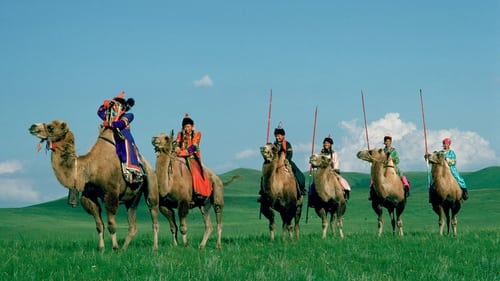
Lady Windermere
A group of cosmopolitan women passengers aboard the Trans-Siberian/Mongolian Railway are taken prisoner by Ulan Iga, a warrior princess.

Two worlds are involved. The internal world, closed, virtually isolated, with just one tenuous, uncertain link with the other world - the telephone. The other, external world exists only to pass from one sealed-off place to another. Call each other? - you lose your voice before you get an answer: your head spins with non-existent voices. Telephone and answering machines are scheming devices. Just waiting in vain.

Bettlerfürstin
Pride is the first of the seven deadly sins. The introduction is made through early allegorical forms and figures (triumphal procession, dance of death, Baroque tragedy etc.) The triumphal procession of the giant haystack as a symbol of human vanities becomes a military parade of abrupt, functional and arrogant gestures. The most diverse musical fragments and rhythms intone the montage of details in the staged triumphal procession, juxtaposed with documentary images, including marches, ticker-tape parades and military review.

Director
One year after the death of Simone de Beauvoir (14 april 1986) Delphine Seyrig pays homage by visiting her grave. which she finds still covered with flowers and letters from all over the world.

Marie-Claude Poitevin
Black comedy about a couple who become convinced that their best friends are aliens and that the Earth’s days are numbered.
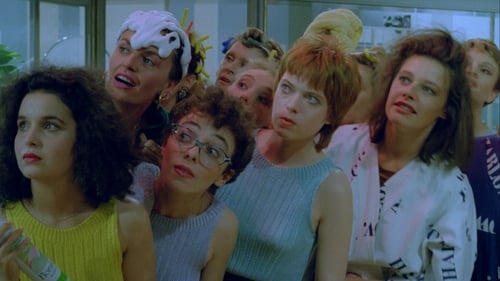
Jeanne
Three young women at a hair salon all like the son of the clothing store proprietors across the mall. Although Robby is selfish and shallow, he's appealing to Lili, the salon's manager, who's trendy and also the salon-owner's moll; to Mado, who's innocent and sweet; and to Pascale, who's intelligent but passive and downcast. Robby's dad tells him to grow up and see beyond the mercurial Lili, so he proposes suddenly to Mado. She's delighted, but the day before the wedding, Lili returns to give Robby another look. In the background, a Yank who was a soldier in France in World War II returns to Paris and tries to recapture the love of his wartime sweetheart, Robby's mom.
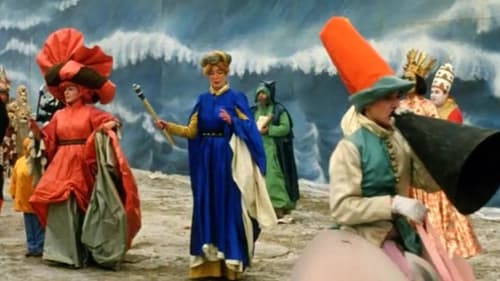
Kabuki Theatre Lady (segment "Pride")
Seven Women, Seven Sins (1986) represents a quintessential moment in film history. The women filmmakers invited to direct for the seven sins were amongst the world's most renown: Helke Sander (Gluttony), Bette Gordon (Greed), Maxi Cohen (Anger), Chantal Akerman (Sloth), Valie Export (Lust), Laurence Gavron (Envy), and Ulrike Ottinger (Pride). Each filmmaker had the liberty of choosing a sin to interpret as they wished. The final film reflected this diversity, including traditional narrative fiction, experimental video, a musical, a radical documentary, and was delivered in multiple formats from 16, super 16, video and 35mm.

Screenplay
A filmed adaptation of Rose Leiman Goldemberg’s play, based on Sylvia Plath’s intense correspondence with her mother Aurelia, from the time the poet was in university until her suicide. Delphine Seyrig and her niece Coralie Seyrig recite Sylvia and Aurelia’s letters to the audience directly.

Aurelia Plath
A filmed adaptation of Rose Leiman Goldemberg’s play, based on Sylvia Plath’s intense correspondence with her mother Aurelia, from the time the poet was in university until her suicide. Delphine Seyrig and her niece Coralie Seyrig recite Sylvia and Aurelia’s letters to the audience directly.

Self
This afterword to India Song (Duras' celebrated 1975 film) is organized in several parts. It begins with an interview to Marguerite Duras by Dominique Noguez, an expert in her work; the interview links the film to the two movies whom it's related to: The Ravishment of Lol V. Stein and The Vice-Consul.
Several themes are tackled: childhood, autobiographical traces, relationships between differents characters and different films and more. India Song's main actors — Delphine Seyrig and Michael Lonsdale, who played Anne-Marie Stretter and the French vice-consul — join the conversation and talk about their roles and their craft. Marguerite Duras then evokes her memories of the shooting with the composer Carlos D'Alessio and her camera operato Bruno Nuytten.
The conversations are punctuated by clips of the film.
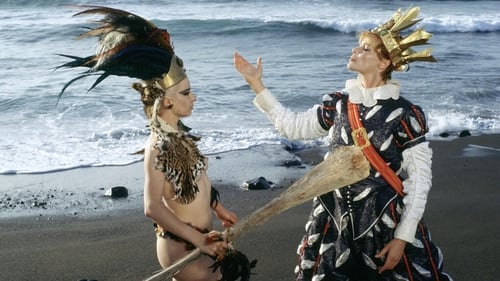
Dr. Mabuse / Grand Inquisitor of Seville
Our organization will create a human being whom we can shape and manipulate according to our needs. Dorian Gray: young, rich and handsome. We will make him, seduce him and break him. Ulrike Ottinger, 1984

Solange
Delphine Seyrig plays a middle-aged woman coping with an ungovernable present and holding out hopes of escaping to a more pleasant past. She leaves her current residence to retreat to her provincial French hometown. Here she dreams of locating and rekindling an old love. Seyrig is less inscrutable here than in her debut feature-film appearance Last Year in Marienbad (61), though the character is just as complex and difficult to please. Grain of Sand was released in France in 1983 as Le Grain de Sable.
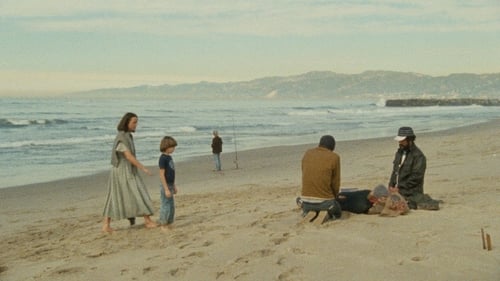
Delphine (voice)
After separating from the father of her son, a young French woman tries to find lodging and a fresh start in L.A. for herself and her son.
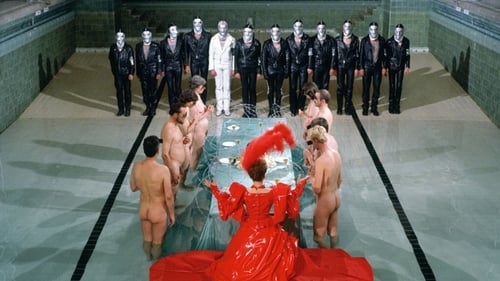
Helena Müller, als Lebensbaumgöttin, Kaufhausonsängerin, Mutter der Wundergeburt, Helena-Maya, Siamese sister Lena, Bunny Helena
FREAK ORLANDO is divided into five more-or-less distinct sections, all featuring "Freak" Orlando, a woman, played by the late Magdalena Montezuma, who appears in various guises, and deformities, throughout.

The Lady
One of Shaw's "pleasant plays", The Man of Destiny is a one-act lighthearted comedy of egos and social hypocrisy. Set in 1796 in northern Italy, it features a battle of wits between Napoleon Bonaparte and a mysterious, daring woman who has stolen his documents. Can she really challenge the strategic mind of a general still celebrating a famous victory?
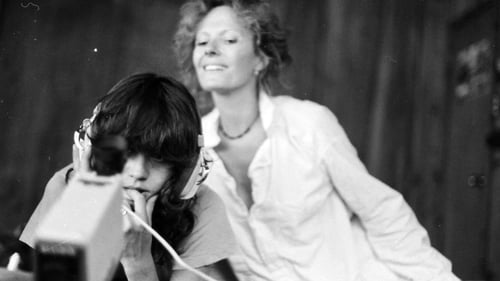
Self - Interviewer
The film is a series of interviews with various well-known film actresses, including Jenny Agutter, Maria Schneider, and Jane Fonda. The title, which is borrowed from a 1958 film with the same name by Marc Allegret, refers to the sense the actresses have of what is expected of them by the film industry.

Producer
The film is a series of interviews with various well-known film actresses, including Jenny Agutter, Maria Schneider, and Jane Fonda. The title, which is borrowed from a 1958 film with the same name by Marc Allegret, refers to the sense the actresses have of what is expected of them by the film industry.

Director
The film is a series of interviews with various well-known film actresses, including Jenny Agutter, Maria Schneider, and Jane Fonda. The title, which is borrowed from a 1958 film with the same name by Marc Allegret, refers to the sense the actresses have of what is expected of them by the film industry.

La mère
Story of three "flights": a little boy, a girl, and a mother who escapes the real world and recreates the world through dreams and photographs.
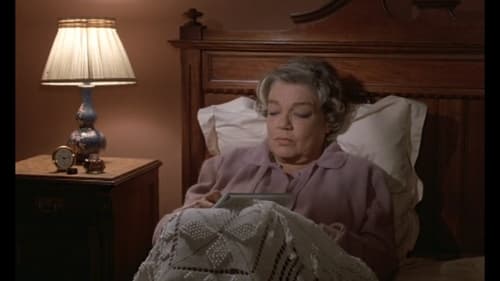
Yvette
A middle-aged disabled man unknowingly begins a lonely hearts correspondence with his own unmarried sister, who takes care of him. As he writes more and more to her, he begins to fall in love, and she, knowing that it is her brother who is writing, discovers a new, tender side to him. But trouble looms when he asks to meet her in person.

Mathilde
While the Easter holidays are over, a young woman named Cécile and her brother Pierre return to the family home. There they meet their grandfather Léon, an old communist militant who has shaken Lenin's hand.

Barbara
Barbara is a forty-year-old woman of Polish origin living in Budapest. She is a biologist, a wife and a mother. The death of her woman friend opens her eyes to the fact that she is lonely, unable to find her place.
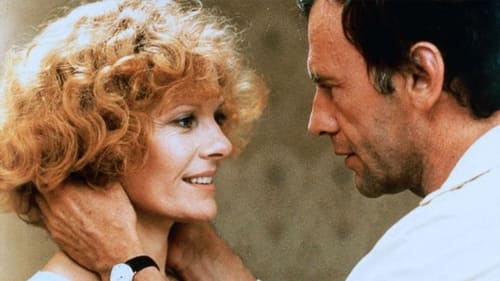
Julie
After 10 years separation from his wife, a film director (Jean-Louis Trintignant), imagines he can make up with her by giving her a part in his next film, an adaptation of Tshekov's "Three Sisters". He goes location scouting and stays in Bex, a Spa near Lake Leman, together with the three actresses : Julie, his ex-wife (Delphine Seyrig), the mysterious Cecilia, that his producer wants him to take (Lea Massari), and Esther (Valérie Mairesse), a teenager. They all stay in an old decaying hotel. In this isolated mansion the four of them will fight but also discover each other.
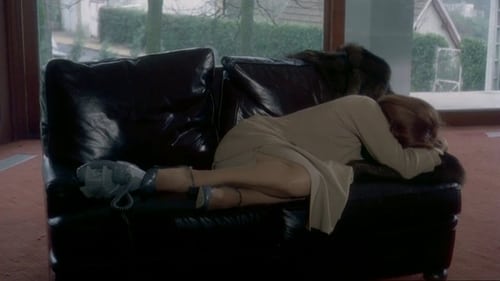
L'inconnue
In an empty villa, Vera Baxter sits and contemplates her life, as she recounts to a woman who was drawn to the villa when she heard the name Vera Baxter pronounced. Vera tells her about her no-good husband, who has been using her to keep his failing business afloat, up to her present love affair.

Self
Documentary about French film actress and director Delphine Seyrig featuring an interview filmed in 1977.

Director
In two parts, it documents the litigation of Brigitte Fontaine, Monique Piton, Mireille and Erin Pizzey with Éditions de femmes in 1976 and those of Catherine Leguay and Brigitte Fontaine in 1977.
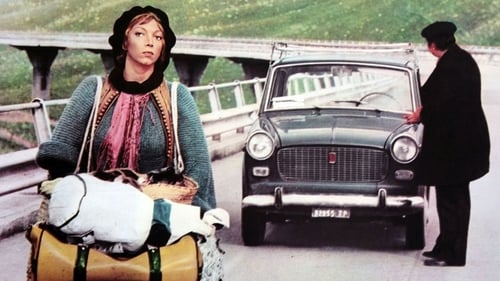
Adriana Vivanti
Michael is the younger son of a middle-class family, a strong-willed and free-thinking fellow, who is off in some distant country fighting for a revolutionary cause.
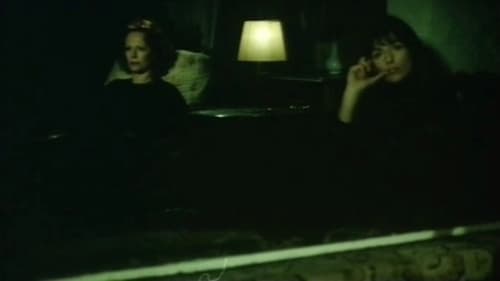
Anne-Marie Stretter
The full soundtrack to Marguerite Duras' 1975 film India Song, about a French ambassador's wife in 1930s India, is here repurposed with all new cinematography. As we hear all the dialogue of a bygone movie, we travel visually through images of absence and decay, bereft of life. It's the ghost of a film, and a further commentary on colonialism.
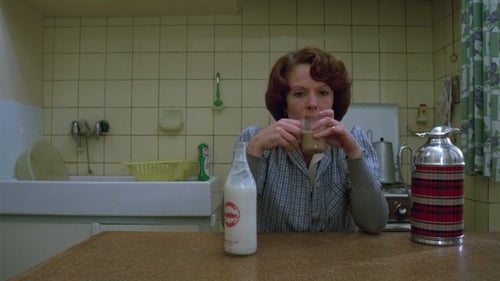
Jeanne Dielman
A lonely widowed housewife does her daily chores and takes care of her apartment where she lives with her teenage son, and turns the occasional trick to make ends meet. Slowly, her ritualized daily routines begin to fall apart.

Director
Delphine Seyrig reads passages from a Valerie Solanas’s SCUM manifesto.

Self
Delphine Seyrig reads passages from a Valerie Solanas’s SCUM manifesto.
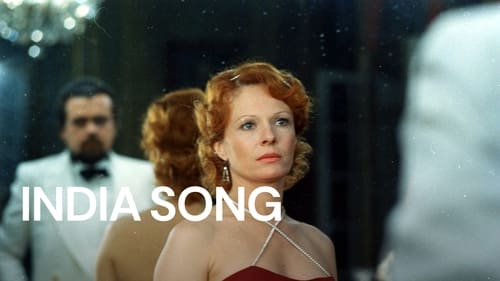
Anne-Marie Stretter
India, 1937. Anne-Marie Stretter is the wife of the French ambassador and leads a solitary yet privileged life in Calcutta. The tedium of her existence is relieved by numerous illicit love affairs with government officials, young men who find her an object of desire and fascination. The Vice Consul is driven insane by his love for her and, expelled from the ambassador’s palace, cries like a sick animal. Life continues for Anne-Marie Stretter, the same tedious existence…
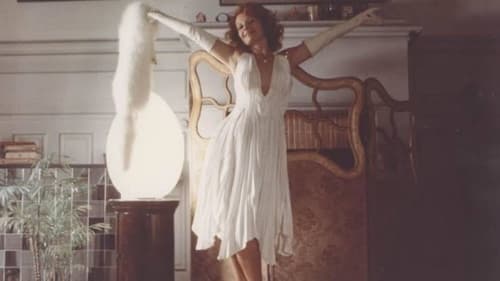
Kate
Karl, a young killer is to kill Kate, an adventurous lady living in a mansion by a lake. He approaches her but fails to kill her. Instead, he falls in love and becomes her lover ...

Aloïse (adulte)
The painful life of a mentally unstable but highly gifted woman is unveiled in this film, based on episodes from the life of an actual person. Aloise (Delphine Seyrig) creates a series of haunting drawings while she is incarcerated in an institution for the insane in turn-of-the-century Switzerland. She endures torments as a musically gifted girl and later as a young woman; her developing madness and the barbaric treatments of the time are shown.
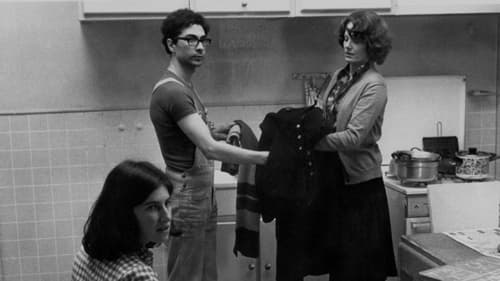
Self (archive footage)
During the filming of "Jeanne Dielman" Sami Frey recorded what was happening on the set. A film about a film in the making.

Self
The year 1975 is declared “year of the woman”. On this occasion Bernard Pivot invited Françoise Giroud on television, then Secretary of State for Women. Faced with statements, a group of women filmmakers parody the issues in a provocative way.

Director
The year 1975 is declared “year of the woman”. On this occasion Bernard Pivot invited Françoise Giroud on television, then Secretary of State for Women. Faced with statements, a group of women filmmakers parody the issues in a provocative way.
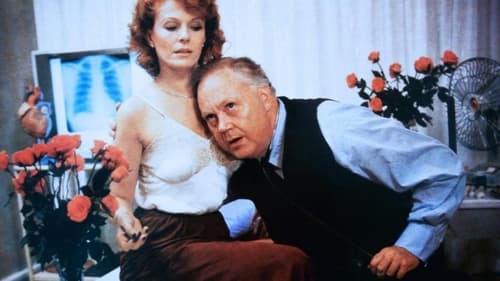
Simone
Leo, the owner of the stocking product "Discrete", has driven his company into the wall; the company is virtually bankrupt.

Mme Bunkermann
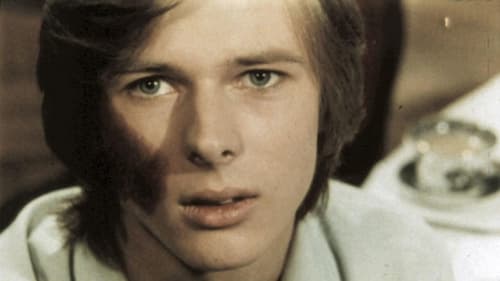
Françoise Berger, la mère
The action begins in black and white, like a memory. Klaus is a Nazi military who has just failed an attempt on Hitler. Desperate, Klaus shoots and kills his children and then shoots at his pregnant wife and leaves her badly injured. Finally, attempts suicide, but at the last moment does not have the courage to pull the trigger, and flees on a motorcycle, having an accident ... The action continues in France. Jean-Claude is a handsome young man self-conscious about a malformation in his face. Jean-Claude lives with his parents, Jacques Bergé, an amnesiac man, self-enclosed and obsessed with Egyptian art, and Concepcion, a woman also closed in herself and obsessed with flowers from her garden, and apparently , suffering from paranoia.
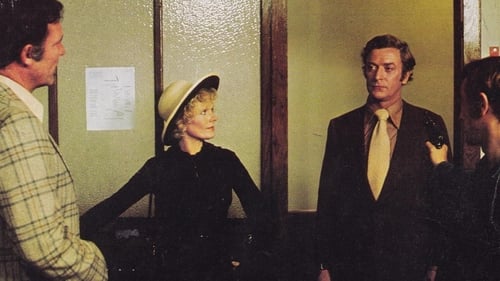
Ceil Burrows
A British agent's son is kidnapped and held for a ransom of diamonds. The agent finds out that he can't even count on the people he thought were on his side to help him, so he decides to track down the kidnappers himself.

Writer
Inês Etienne Romeu was an opponent to the Brazilian's dictatorship. She was kidnapped, tortured and raped in jail, where she stayed for almost 100 days. She was later sentenced to life imprisonment. She stayed ten years in prison, from 1971 to 1979. Delphine Seyrig directed this film in 1974, when Inês was still in prison, protesting against this imprisonment and in support to Inês.

Narrator / Inês Etienne Romeu
Inês Etienne Romeu was an opponent to the Brazilian's dictatorship. She was kidnapped, tortured and raped in jail, where she stayed for almost 100 days. She was later sentenced to life imprisonment. She stayed ten years in prison, from 1971 to 1979. Delphine Seyrig directed this film in 1974, when Inês was still in prison, protesting against this imprisonment and in support to Inês.

Director
Images from “La nuit des femmes”, an evening in support of the three Portuguese writers, Maria Isabel Barreno, Maria Teresa Horta and Maria Velho da Costa, who, for having published in 1972 the “Novas Cartas Portuguesas”, a collective work bringing together texts denouncing the alienating and patriarchal Portuguese society, were brought to justice and risked 2 to 5 years in prison for insulting good morals.

Director
Inês Etienne Romeu was an opponent to the Brazilian's dictatorship. She was kidnapped, tortured and raped in jail, where she stayed for almost 100 days. She was later sentenced to life imprisonment. She stayed ten years in prison, from 1971 to 1979. Delphine Seyrig directed this film in 1974, when Inês was still in prison, protesting against this imprisonment and in support to Inês.

Kristine Linde
Nora Helmer lives a quiet life with her husband, Torvald, in a small Norwegian town. While he works diligently at a bank, she looks after their children. But Torvald doesn't know that several years ago, when he was very ill and she was desperate for money, Nora forged a loan document and has been secretly working to pay the money back ever since. The arrival of her friend Kristine prompts Nora to re-evaluate her life and confront Torvald.
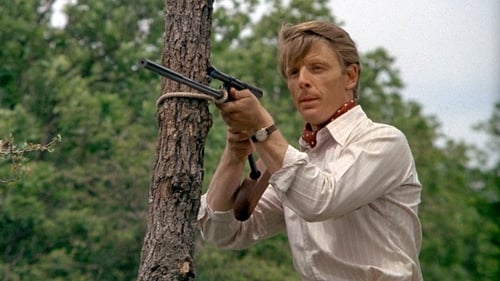
Colette de Montpellier
An international assassin known as ‘The Jackal’ is employed by disgruntled French generals to kill President Charles de Gaulle, with a dedicated gendarme on the assassin’s trail.

L'interprète
On a Mediterranean cruise, a young man hired as a tour guide is intrigued by the beauty of a female interpreter hiding behind her sunglasses. He makes advances to her by venturing into a series of strange stories.
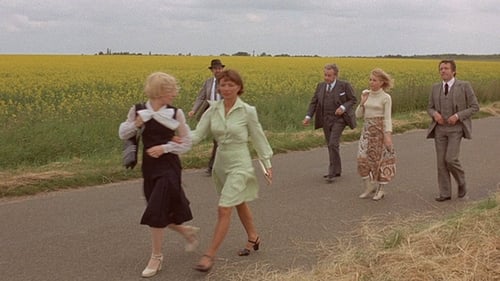
Mme Thevenot
In Luis Buñuel’s deliciously satiric masterpiece, an upper-class sextet sits down to dinner but never eats, their attempts continually thwarted by a vaudevillian mixture of events both actual and imagined.

Countess Elizabeth Báthory
Ostend, Belgium. In a decadent seaside hotel, Stefan and Valerie, a newlywed couple, meet the mysterious Countess Báthory and Ilona, her secretary.

Elmire
French television adaptation of Moliere's play.

Self
A look behind the scenes of Jacques Demy's Donkey Skin (1971).
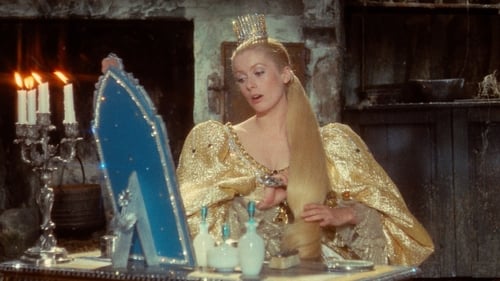
La fée
A fairy godmother helps a princess disguise herself so she won't have to marry her father.

Madame de Mortsauf
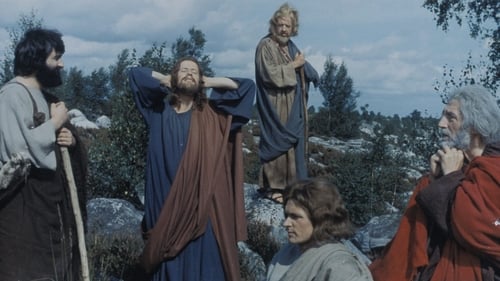
The Prostitute
Two drifters go on a pilgrimage from France to Santiago de Compostela in Spain. Along the way, they hitchhike, beg for food, and face the Christian dogmas and heresies from different Ages.
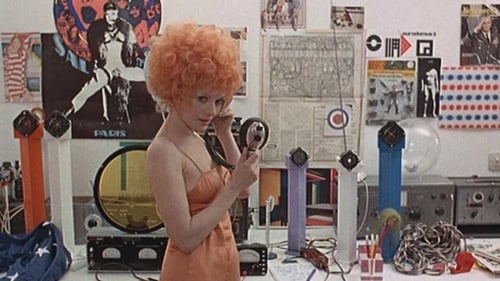
Marie-Madeline
Mr. Freedom, a bellowing good-ol'-boy superhero decked out in copious football padding, jets to France to cut off a Commie invasion from Switzerland. A destructive, arrogant patriot in tight pants, Freedom joins forces with Marie Madeleine to combat lefty freethinkers, as well as the insidious evildoers Moujik Man and inflatable Red China Man, culminating in a star-spangled showdown.

Mexican feature film
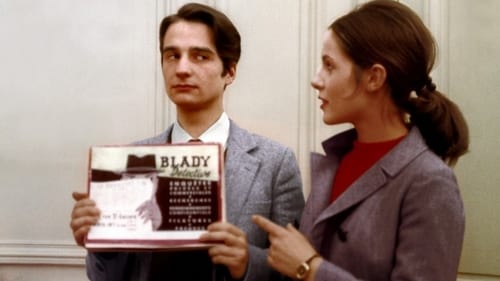
Fabienne Tabard
The third in a series of films featuring François Truffaut's alter-ego, Antoine Doinel, the story resumes with Antoine being discharged from military service. His sweetheart Christine's father lands Antoine a job as a security guard, which he promptly loses. Stumbling into a position assisting a private detective, Antoine falls for his employers' seductive wife, Fabienne, and finds that he must choose between the older woman and Christine.

Narrator (voice)
Chick fell in love with Alise because of a shared passion for writer Jean-Sol Partre who gradually devoured their relationship. Soon after, Colin, the main character, also falls in love with a young girl, Chloe, but after their marriage she soon suffers from a strange illness: a water lily grows in her lungs.

Hedda Gabler
Hedda and Tesman have just returned from their honeymoon and the relationship is already in trouble. Trapped but determined, Hedda tries to control those around her, only to see her own world unravel.

Her
A husband and wife meet three years after their formal separation, when they return to the provincial town where they once lived to pick up their divorce decree.
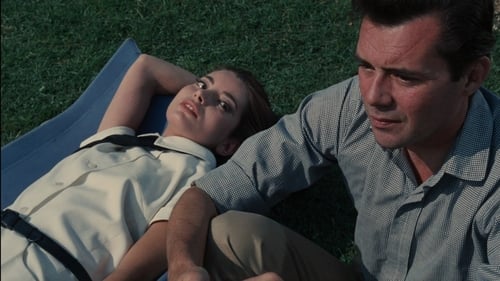
Francesca
Stephen is a professor at Oxford University who is caught in a rut and feels trapped by his life in both academia and marriage. One of his students, William, is engaged to the beautiful Anna, and Stephen becomes enamored of the younger woman. These three people become linked together by a horrible car crash, with flashbacks providing details into the lives of each person and their connection to the others in this brooding English drama.
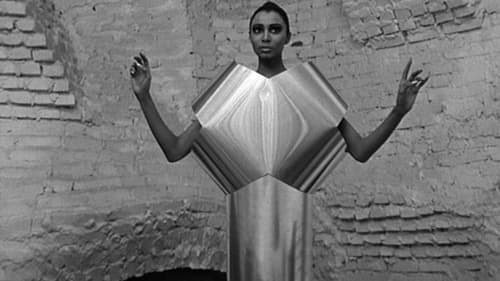
Une rédactrice
In this excoriating satire of the fashion industry, Polly Maggoo is a 20-year-old Brooklyn-born fashion model in Paris, on the runway at the big shows where magazine editor Ms. Maxwell is the reigning opinion maker. The ridiculous passes for sublime. Polly becomes the subject of an episode of a vapid TV news documentary series called "Qui êtes-vous?" and is pursued by the filmmaker and by the prince of Borodine, a small country in the Soviet bloc.

Natalia Petrovna
TV movie of a play by Ivan Turgenev
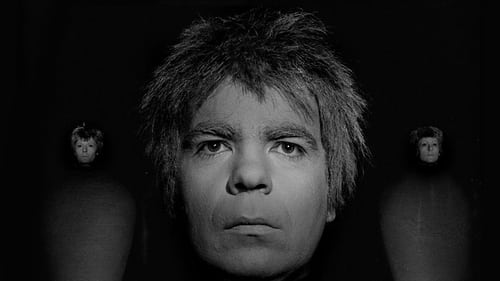
La maîtresse (F 2)
An adaptation of the Beckett play

Alice
A little girl named Alice dreams about going through the looking-glass and becoming a queen in the mirror reality.

Catherine Miller
Delphine Seyrig is Catherine Miller, an internationally renowned pianist. Married and mother of a little boy, she leads a hectic life. Following a recital, she accepts a dinner with the music critic Gilles Bollème. This seemingly innocuous encounter gradually confronts Catherine with her own demons.
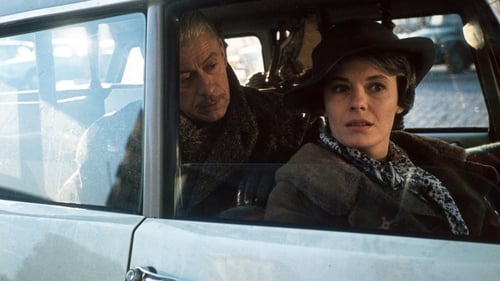
Hélène Aughain
In the seaside town of Boulogne, no one seems to be able to cope with their past, least of all Hélène, an antique furniture saleswoman, her stepson Bernard, and her former lover Alphonse.
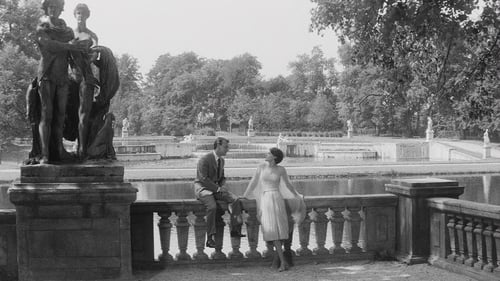
A – the brunette woman
In a strange and isolated chateau, a man becomes acquainted with a woman and insists that they have met before.

Milo's Wife
Pull My Daisy is a film that typifies the Beat Generation. Directed by Robert Frank and Alfred Leslie, Daisy was adapted by Jack Kerouac from the third act of his play, Beat Generation; Kerouac also provided improvised narration.
